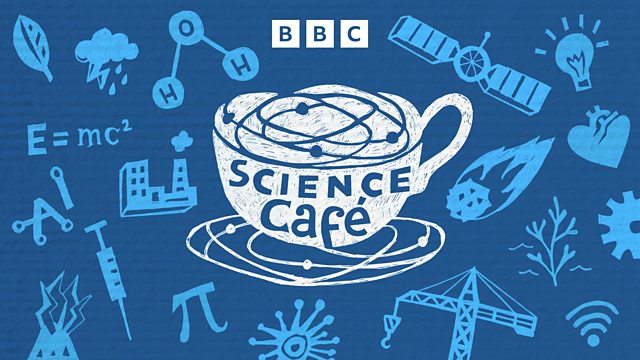
09/06/2015
Adam Walton explores why earthquakes happen and how seismic data is recorded.
Last on
Earthquakes
This week's programme opens with Oliver Knowles, from Bangor, who recalls for Science Cafe, the day he was caught up in the recent, devastating earthquake in Nepal.
We've read much about this terrible event in recent weeks and watched the heartbreaking television footage. In Science Cafe we try to shed some light on why earthquakes happen. And they do, on a regular basis around the world. Adam Walton talks to Wales chief geologist, David Schofield, about seismic movement. There are consistent, minor quakes in the UK and Snowdonia is a 'hot spot'.
It's important to collect data on all quakes and at Cardiff Museum, you can watch a seismograph in action. Dr Jana Horek explains to Adam, why cows and hailstorms can effect the readings.Â
The vast majority of earthquakes are barely felt, but major ones in developing countries with poor infrastructure are devastating. Adam talks to Dr Steve Bloomer, whose work at Teeside University is enabling quake-prone developing countries to construct safer buildings.
Most of the buildings in the Nepalese village where Oliver Knowles was staying were destroyed in the April earthquake. Oliver is now raising money to rebuild a school there and if you want to contribute you can get in touch with him at oliver@gorad.co.ukÌýÌýÌýÌý
Broadcasts
- Tue 9 Jun 2015 18:30Â鶹ԼÅÄ Radio Wales
- Sun 14 Jun 2015 06:31Â鶹ԼÅÄ Radio Wales

